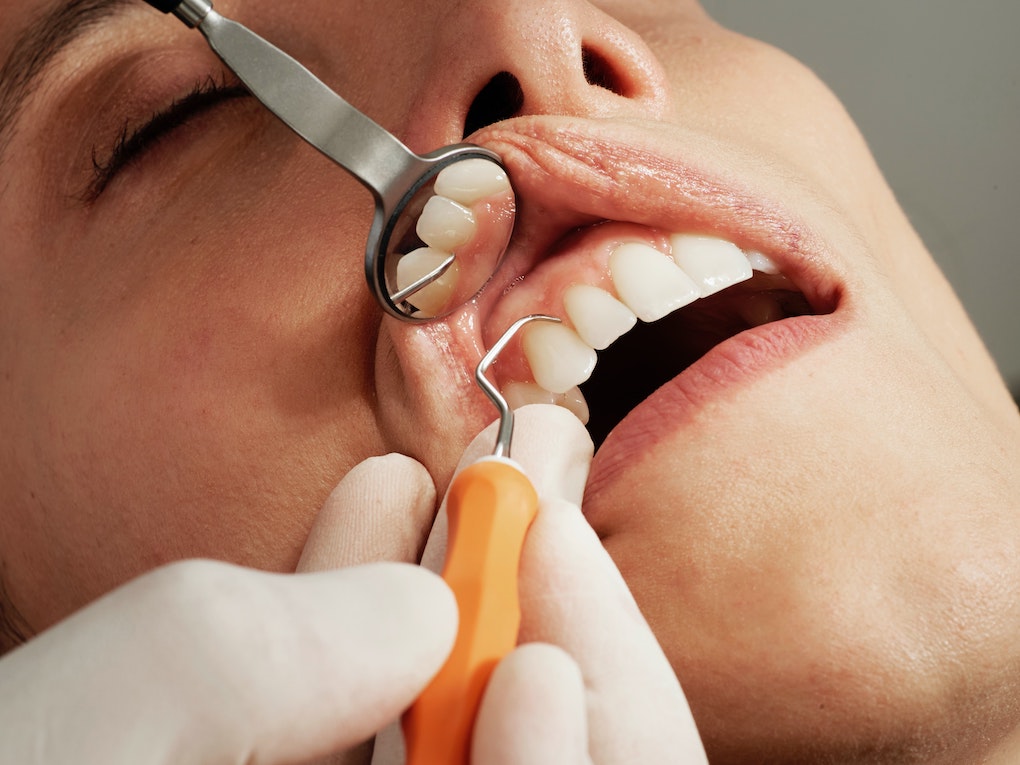
November 29, 2021
How the Phase-Out of Delta Dental Premier Continues to Affect Your Dental Practice

In 2019, Delta Dental announced a phase-out of its Premier segment. Two years later, and the rule change is still affecting dental practices nationwide. Dentists across the country are still wondering if they are a Premier-only practice if they are still able to operate that way in the event of a transition of ownership. Here’s the latest on the phase-out of Delta Dental Premier and how it might continue to affect your dental practice.
State by state
Unfortunately, there’s no across-the-board rule for every dental practice in the country. Dental insurance code updates vary from state to state, making the change to Delta Dental Premier even trickier to juggle. The short answer is to contact the dental association in your state to see how the rule change affects your practice going forward, including taking action annually to avoid negative impacts related to scheduled fee submission policies. Be sure to inquire if Delta Dental is no longer allowing practices to participate in Premier-only plans.
Fees
Because Delta Dental Premier is the higher-paying program, dentists are being forced to join their lower-paying PPO plan if they wish to stay in the network. By choosing to stay on with Delta, your practice must accept all PPO patients, which often come with $1,000 or more fee discounts. These lower reimbursement rates threaten to reduce practice profits and significantly lower the value of affected practices. However, before rushing to sign up for the lower paying PPO plan or drop Delta participation altogether, remember in the average practice, insurance company reimbursements account for less than half of the total receipts.
Valuation and attrition
The insurance plans you accept, as well as the percentage of patients on these plans, typically does not factor into your practice value, unless the majority of patients are in network with Delta Dental Premier. Because this segment of Delta Dental is being eliminated, dental practices whose patients are primarily Delta Dental Premier subscribers will have a hard time selling as the buyer will lose all those patients. Along the same lines, the attrition rate can also affect the multiple used in the valuation, decreasing the overall value of the practice. If a high attrition rate is expected because the practice has a heavy Delta Premier patient base, the value will be slightly affected for the worse. For this reason, if a higher retention rate is expected, if, for instance, the current doctor plans to stay on for a while, a higher multiple will be used.
What’s next?
Contact the experts at Professional Transition Strategies to get some action items on your dental insurance calendar.